Poker Slang Terms Every Player Should Know
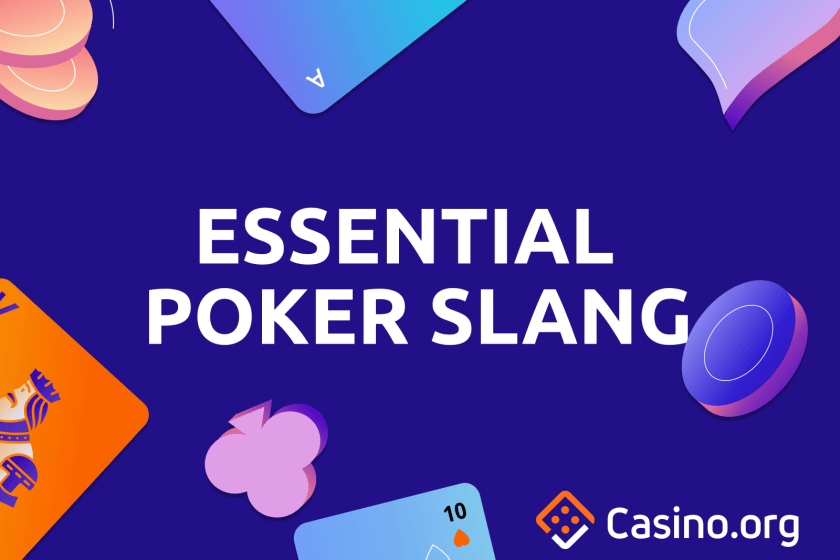
Overview: Why Learn Poker Slang?
Understanding the unique slang and jargon used at the poker table can help you feel like an insider, making the game more engaging and enjoyable. While knowing poker lingo won’t automatically level up your skills, it does allow you to follow the action and interact fluently with other players. Below, you’ll find explanations for a variety of common and colorful terms you’ll hear in games worldwide, from obscure hand nicknames to phrases describing classic poker situations.
- Comprehensive definitions of slang like “sleeper straddle,” “snowmen,” and “suicide king”
- Descriptive breakdowns of gameplay terms like “tanking” and “walking chips”
- Insight into memorable poker slang rooted in card culture or history
- Tips for using these terms to follow conversations and understand live or online play
A: Poker Lingo Starting with 'A'
ABC Poker
This describes a basic, straightforward approach: betting and raising only with strong cards and folding everything else. Often referred to as “by-the-book” playing, it’s predictably safe-but easily exploitable by skilled opponents.
Airball
“Airballing” is when you bluff with absolutely nothing (no pair, no draw, just “air”). The bluff is usually doomed unless your opponent folds immediately.
American Airlines
This is a popular nickname for pocket aces (AA), the strongest starting hand in Texas Hold’em. AA might also be called “pocket rockets.”

Ammo (Ammunition)
In poker, your “ammo” is your chip stack. Depleting your ammo means you’re out of chips-borrowed straight from military lingo.
Angle Shooting
This refers to exploiting technicalities or ambiguities in the rules to gain an unfair advantage. While not outright cheating, it’s frowned upon-for instance, concealing high-value chips or misrepresenting your hand intentionally.
Arsenal
Your “arsenal” is the toolbox of plays and tactics you can deploy at the table. Players with a wide arsenal can adapt their strategy and outmaneuver less experienced opponents.
B: Popular Poker Phrases from 'B'
Belly Buster
This phrase means an “inside straight draw”-where only one specific card value fills the gap to make a straight. For instance, holding 9-8 on a board of A-6-5 gives you a belly buster (needing a 7).
Big Blind Special
When the player in the big blind sees the flop for free and ends up hitting a strong hand or scooping the pot, you’ll hear commentators talk about a “big blind special.”
Big Slick
The hand Ace-King (AK), regardless of suit, is known as “big slick.” There are many funky nicknames for it (like “Anna Kournikova” or “AK-47”).

Bloodbath
When multiple strong hands collide and huge chip stacks go into the pot, it’s a “bloodbath.” This often results in several players being knocked out in tournaments or losing massive chips in a single cash game hand.
Brick
A “brick” is a card that’s irrelevant to current hands and doesn’t complete any draws, doing little to change the action.
Burn Card
Before dealing community cards, casinos discard the top card face down (the “burn card”) to prevent cheating or card tracking.
Busted
To be “busted” means you’ve lost all your chips and are out of the tournament or cash game. It can also describe going broke (losing your entire bankroll).

C: Colorful 'C' Terms in Poker
Cambodia
This is poker slang for holding offsuit 7-4 (74o); the suited version is sometimes called “Cambodian Slick.” The name comes from New York cardrooms, but its origin remains a mystery.
Cardrack
A “cardrack” is a player on an unstoppable run, consistently dealt strong hands and catching every draw-often called being “on a heater.”
Chip Dumping
This occurs only in tournaments, when one player intentionally loses hands to another to transfer chips (often as part of a collusion strategy). It’s considered cheating and leads to disqualification if discovered.
Clicking Buttons
Originally from online poker, “clicking buttons” refers to making seemingly random or poorly thought-out moves just for the sake of action-often a sign of inexperience.
Computer Hand
The hand queen-seven offsuit (Q7o) is dubbed the “computer hand” because, mathematically, it’s the weakest starting hand with slightly positive equity against any random hand.
Cooler
A “cooler” is when two players are both dealt extremely strong hands, forcing all the chips into the middle-essentially unavoidable, and usually brutal for one side.
Cowboys
This is a well-known nickname for pocket kings (KK).
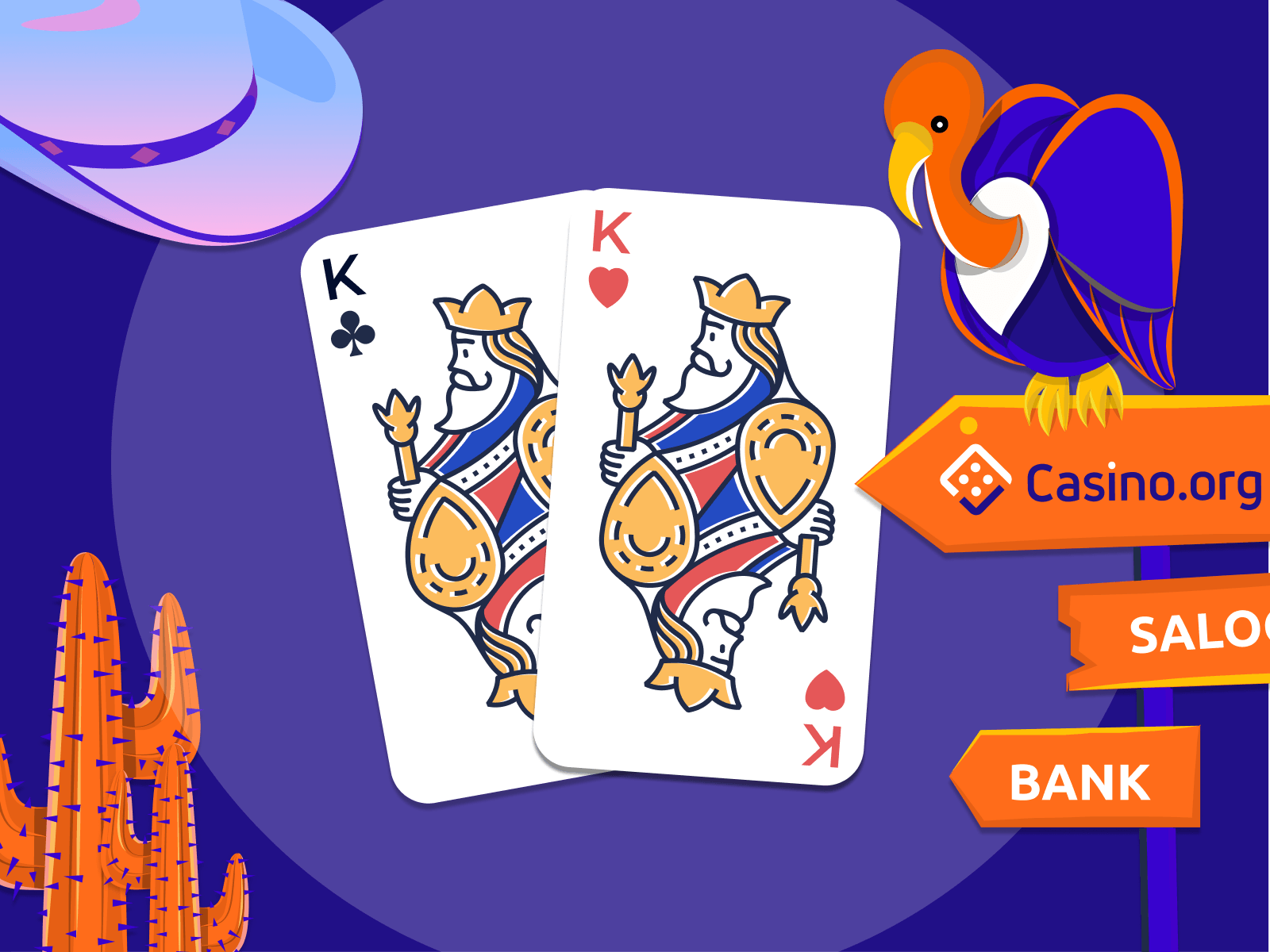
Crabs
Crabs means pocket threes (33). The name comes from the appearance of the number 3, which looks like a crab when rotated.
Credit Card Roulette
A fun side game where players place their credit cards in a hat and randomly select one to pay the entire table’s bill. While not strictly a poker term, it’s popular among poker pros in social settings and reflects the playful spirit at the table.
D: Defining Poker Words from 'D'
Dead Money
Any money in the pot that no active player can win-typically contributions from those who’ve already folded. Spotting dead money helps you assess risk and reward when deciding to continue in a hand.
Dolly Parton
A hand containing 9-5, named after the iconic song “9 to 5.” It’s more common among longtime card players.
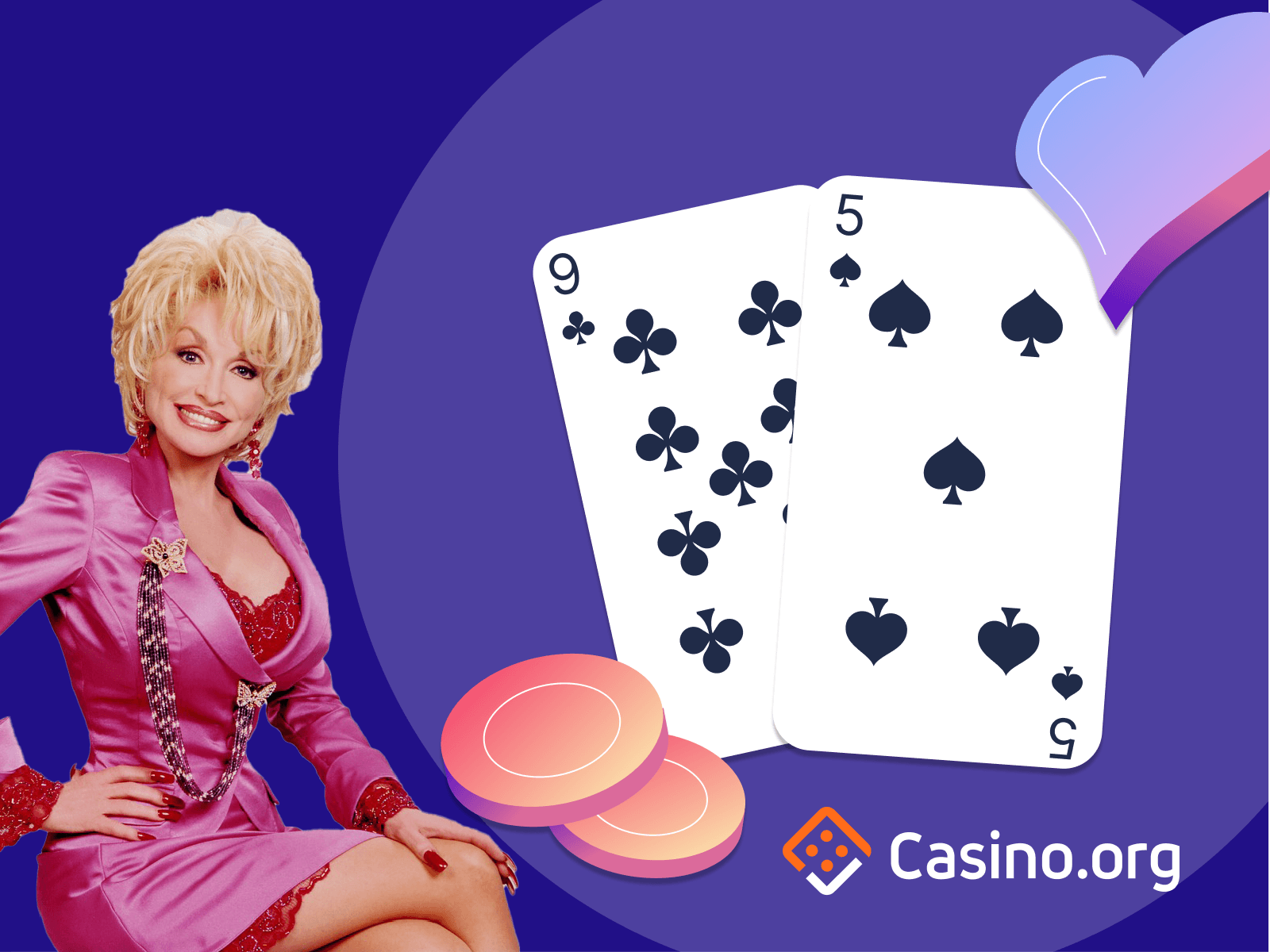
Donkey
A derogatory term for a poor player who’s prone to making big mistakes. You’ll spot one after they repeatedly play weak hands or disregard basic strategy.
Doomswitch
Slang from online poker, suggesting there’s a “switch” to ensure you can never win-not a real thing, but a joke to explain a long run of bad luck.
Ducks
Pocket twos (22), called ducks due to the shape of the number 2.
Dirty Stack
When your chips are randomly mixed by denomination instead of neatly stacked. Good etiquette and sometimes the rules require orderly stacks for clarity.
F: Familiar Poker Terms with 'F'
Family Pot
When almost everyone at the table calls to see the flop, creating a multi-way pot. This is especially common in loose, low-stakes games.
Fist Pump
A celebratory arm movement after winning a big pot. Also used as part of phrases like “fist-pump shove” when you happily go all-in with a huge hand.
G: Going Over 'G' in Poker Jargon
Gappers
Describes hole cards with an internal gap, impacting straight-drawing potential. For example, 5-7 is a “one-gapper” (needing a 6), while 7-10 is a “two-gapper.”
Gears
Refers to a player’s ability to shift their play style and adapt-sometimes playing tight, sometimes loose, always staying unpredictable.
GG
Short for “good game.” Commonly used online for sportsmanship, it’s sometimes said sarcastically after a bad beat or a major mistake by someone else.
Going South
Means taking some chips off the table to reduce your play stack while still in the game. This is almost always against the rules and considered unsporting.
H: Poker Sayings Beginning with 'H'
Hero
When breaking down hands or doing strategy reviews, the “hero” refers to the main player or central focus of the analysis-that could be you or any subject of discussion.
High Society
This phrase refers to the tallest stack of high-denomination chips, often highlighted in movies or among high-rolling players.

Image Credit: ISO/Wikimedia Commons
Hit and Run
Leaving a game shortly after securing a big win is called “hit and run.” While legal, it’s often perceived as poor etiquette.
Horse
A “horse” is a backed player-meaning someone provides their bankroll for a tournament or cash game, and winnings (or losses) are split according to their agreement.
I: Interesting Poker Terms under 'I'
Idiot End
A straight draw to the lowest possible straight, especially when higher straight possibilities are available to opponents. Drawing to the “idiot end” usually isn’t advisable.
J: Jargon for Raising the Stakes
Jam
To “jam” means to go all-in, pushing your entire stack into the pot-usually with a strong hand or as a bold bluff.
L: Lazy or Lively Poker Terms for 'L'
Live One
Like a “donkey,” a “live one” is someone with loose play and money to lose-often targeted by better players.
Lodden Thinks
A side game popularized by poker pros, where players bet on the answer that another player (“Lodden”) will give to an often random or silly question. It mixes social fun with psychological insight.
M: Essential Poker Vocabulary for 'M'
Middle Position
Refers to seats that act after early positions but before the button. Players here have more information on other players’ actions, helping make better choices with a wider hand range.
Multi-Table Tournament
These popular events, called MTTs, feature many tables merging down to a single final table as players are knocked out. The structure creates excitement and high drama, often with a trophy at stake.
Muck
Another way to say “fold”-especially when you decline to show your cards at showdown after someone else reveals a better hand.
N: Notable Poker Lingo under 'N'
Nitfest
A game in which all or most players are playing very conservatively (“nitty”), folding frequently and avoiding big pots. The result is a slow-paced, less exciting table dynamic.
Nosebleeds
Refers to games with ultra-high stakes-so big they’ll give you “nosebleeds.” The biggest action in the world, often featured in Macau or Las Vegas private rooms.
Nut Nut
Describes not only the best possible hand (“the nuts”) in a given situation but also a hand that could improve to an even higher “nut” if favorable runouts come-such as a top straight with a straight flush draw.
P: Poker Talk Starting with 'P'
Pwned
Originally from online gaming, to be “pwned” means you were thoroughly outplayed or beaten through a combination of opponent skill and luck.
R: Recognizable Poker Slang under 'R'
Rags
Refers to starting hands or community cards that are unlikely to help anyone-like 9-2 offsuit or Jack-3 offsuit. Sometimes called “napkins.”
Robusto
“Robusto” is the opposite of “busto” (busted). It means you’ve increased your bankroll or recovered from losing-“from busto to robusto!”
Runner Runner
When you need to hit two specific cards on the turn and river (in sequence) to make your hand-such as two clubs for a flush-it’s called “runner-runner.”
S: Stand-Out Poker Sayings from 'S'
Sailboats
Pocket fours (44) are called “sailboats” because of the resemblance to the shape of a boat.
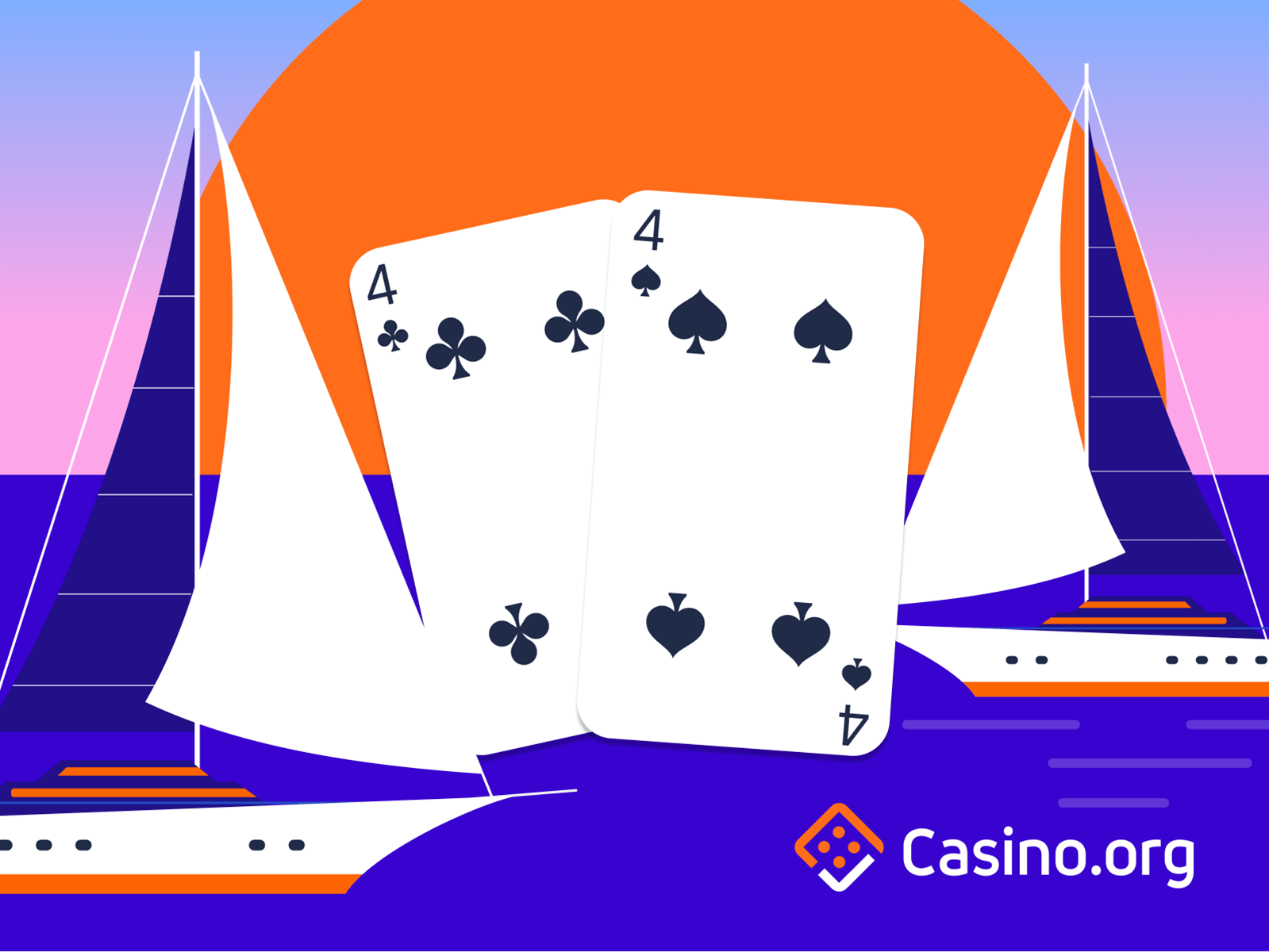
Set Mining
Set mining means calling with a small pocket pair preflop in hopes of hitting a third matching card (set) on the flop.
Shark
A “shark” is a skilled and experienced player, the opposite of a “donkey.” Sharks feed off novice and unskilled players at the table.
Shill
Someone who falsely promotes or defends a poker room or product, often online, to persuade others of their legitimacy.
Sleeper Straddle
This is a form of straddle-an optional blind bet-placed from any position, not only immediately after the big blind. It only activates if there’s no raise by the time action reaches the sleeper.
Snowmen
Pocket eights (88) get this nickname because the digit 8 looks like a snowman. Other fun names include “octopussy” and “infinities.”
Suicide King
The King of Hearts card, often illustrated with a sword through his head or body, is dubbed the “suicide king.” It became famous thanks to a book chronicling elite poker matches against billionaire Andy Beal.
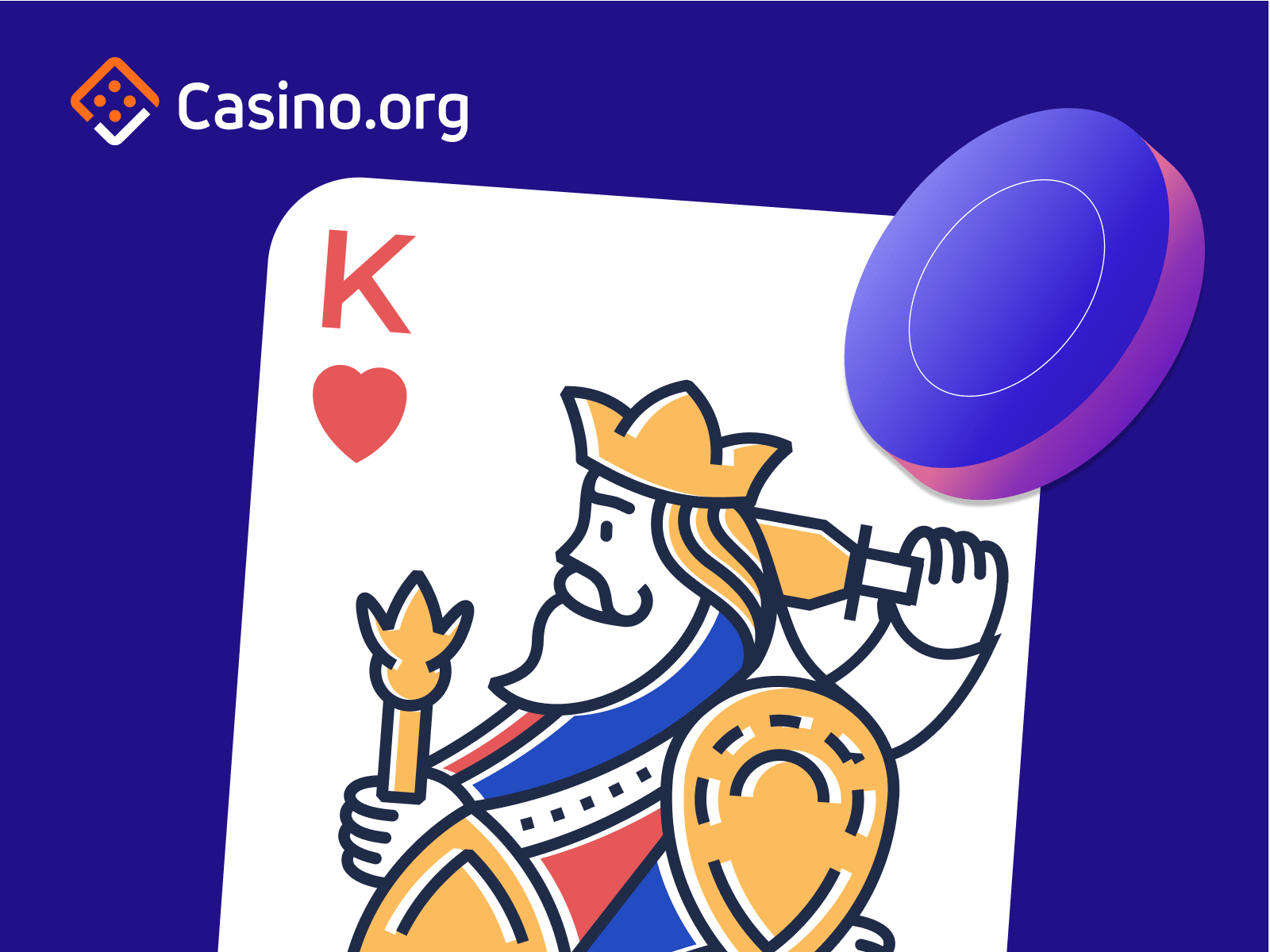
String Bet
An illegal act where a player puts chips into the pot in several motions without announcing their bet size, hoping to gauge reactions before completing their bet. Strictly not allowed in formal games.
T: Terms Highlighting Poker Strategy for 'T'
Tanking
When a player takes a long time to decide their move-sometimes using their “time bank” in online poker-they are “tanking.” It’s most common when a big financial decision is on the line.
W: Winning and Losing Slang from 'W'
Walking Chips
If a player with a big chip stack in a tournament gets up to walk around and misses hands, those are “walking chips.” This is rarely optimal and only occasionally makes sense (such as when your tournament advancement is already locked up).
Whiff
“Whiffing” means missing your draw entirely-say, calling in hopes of completing a flush, but the next card doesn’t help you, so you’ve “whiffed.”
Conclusion: Embrace the Lingo, Elevate Your Game
The colorful vocabulary of poker brings humor and depth to the game’s rich culture. Whether you’re in a home game, on a casino floor, or playing online, recognizing and using these terms will add enjoyment and help you navigate every conversation and hand with confidence. So next time the “sharks” circle and the “donkeys” make wild moves, you’ll know precisely what’s happening-and maybe even be the one with the cleverest quip at the table.













